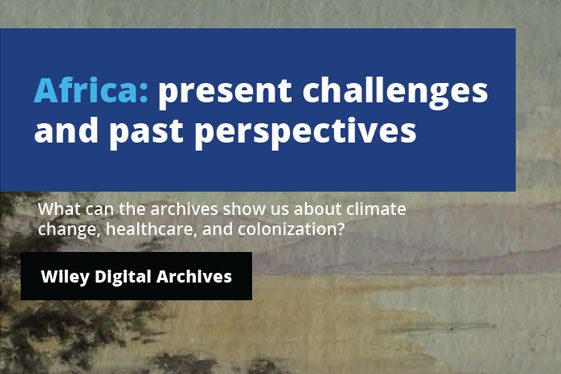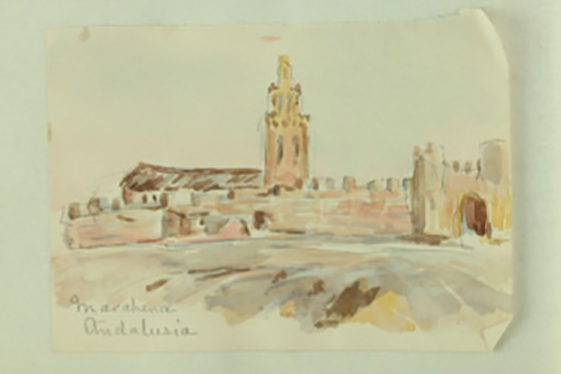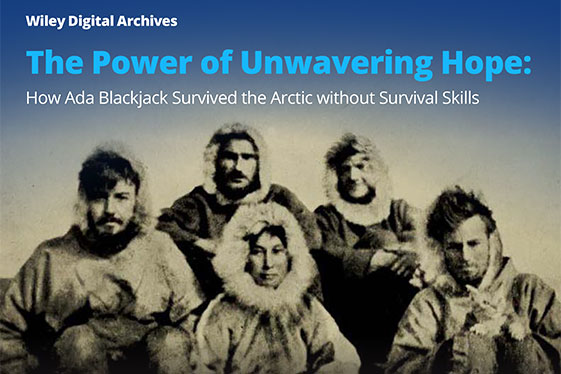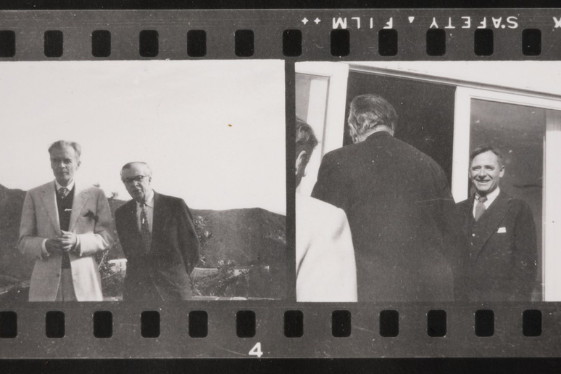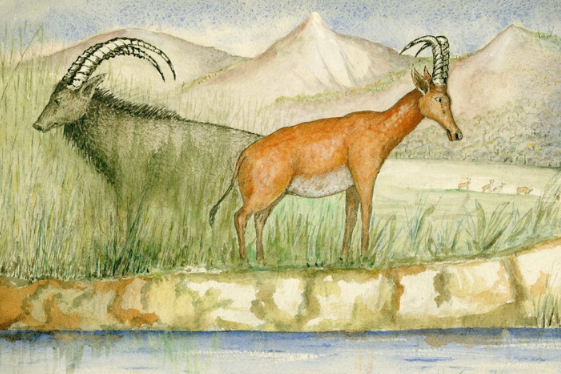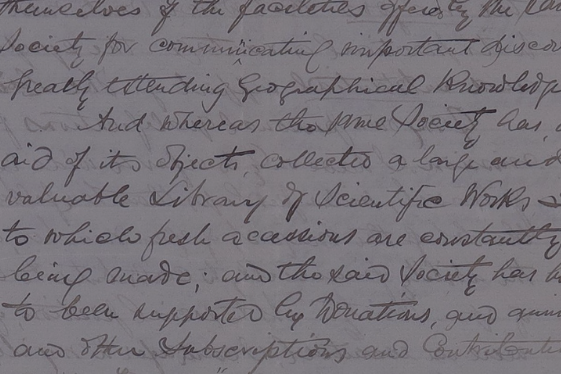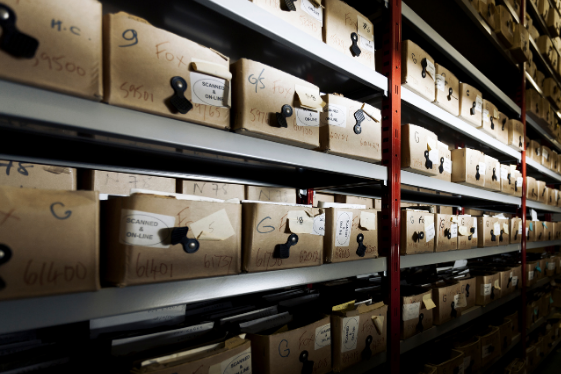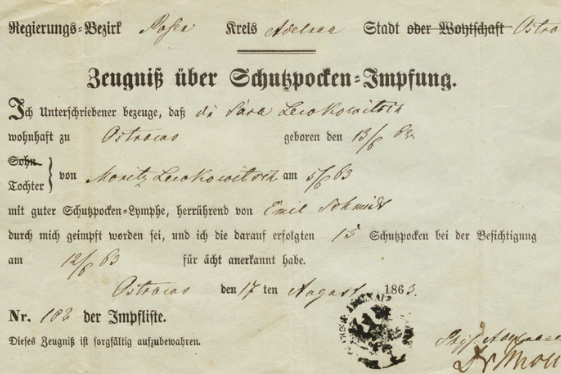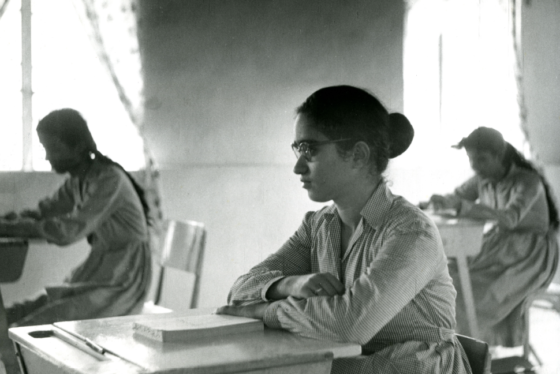Africa: present challenges and past perspectives
September 4, 2024
What can the archives show us about climate change, healthcare, and colonization? Increasing temperatures, extreme weather incidents, and fluctuating rainfall patterns in Africa are contributing to issues like biodiversity loss, food security, water shortages, and desertification. Our archives contain a wide range of documentation that explores Africa’s environmental history.
Read MoreIn Celebration of Women and Wanderlust: Exploring the Mediterranean
March 7, 2023
Dr. María Sebastián Sebastián is an architect and art historian. She is a professor at the Universitat de les Illes Balears, at the Department of Historical Sciences and Theory of the Arts. In 2022 she was awarded a Wiley Digital Archive Research Fellowship in collaboration with the Royal Geographical Society (with IBG) to study the depictions of the Mediterranean area made by Margaret M. Hasluck and Emilia F. Noel. Learn more about her experience using the WDA platform to uncover the contributions of these women through their travels.
Read MoreSurviving the Arctic Alone: The True Story of Iñupiat Heroine Ada Blackjack
December 15, 2022
As the sole survivor of an ill-fated expedition in the 1920s, Ada Blackjack survived the harshness of Wrangel Island alone. Her determination to return home to her son drove her to learn new skills and fend for herself during a time when it was rare for women to work outside the home.
Read MoreDr. Alex Hall on the BAAS archive: “A fabulous new resource”
July 8, 2021
Read More“In my own research, even when I know what I’m after, the time and cost of searching and visiting widely dispersed records can be taxing,” writes Dr. Alex Hall. A science and environmental historian and postdoctoral research fellow at the University of Birmingham, Dr. Hall says that “thanks to Wiley and Jisc’s collaboration, there is a fabulous new resource – saving my time and bringing powerful new insights to the history of science.”
Finding the animals hidden in the Royal Geographical Society’s archives
May 17, 2021
Dr. Catherine Oliver, a geographer working at Cambridge University, is an RGS/WDA fellow doing research on animals in the Royal Geographical Society’s archives. She has been blogging about her discoveries and how they intersect with her work on vegan geographies (her upcoming book is titled Veganism, Animals, and Archives). Her posts on archival evidence of the use of animal labour in expeditions, friendships between geographers and animals, interspecies conflicts, and geographers mapping animal territories make good reads.
Read MoreSearch and Browse Seven Centuries of Manuscripts With Automated Text Recognition
May 12, 2021
We are excited to announce that Wiley Digital Archives continues to lead primary source discovery and analysis technology with Automated Text Recognition (ATR), an AI dedicated to manuscript search and exploration that offers full digital access to handwritten pages documenting seven centuries of the History of Science.
Read MoreFinding Women in the RGS Archive
December 9, 2020
Dr. Sarah L. Evans, from the Royal Geographical Society, writes about Finding Women in the Archives.
Read MoreInterview with Librarian Emily Lin: How We Rescued the Archives from Wildfire
December 3, 2020
When a wildfire threatened Sequoia National Park, UC Merced Librarian Emily Lin worked with national parks curator Ward Eldredge to relocate the archive containing 130 years of the park’s history.
Read MorePublic Policy, Communicating Science, And Enhanced Access: The Importance of Digitized Archives
November 23, 2020
The tension between science and belief systems has surfaced many times before during public health crises. Archival material from these periods illuminate much of the push for science to legitimately influence policy and legislature.
Read MoreIntegrating Digital Primary Sources Into Undergraduate Education
November 20, 2020
The unexpected acceleration to virtual learning creates a new urgency to ensure that primary source materials can be accessed remotely for teaching, learning and research.
Read More
